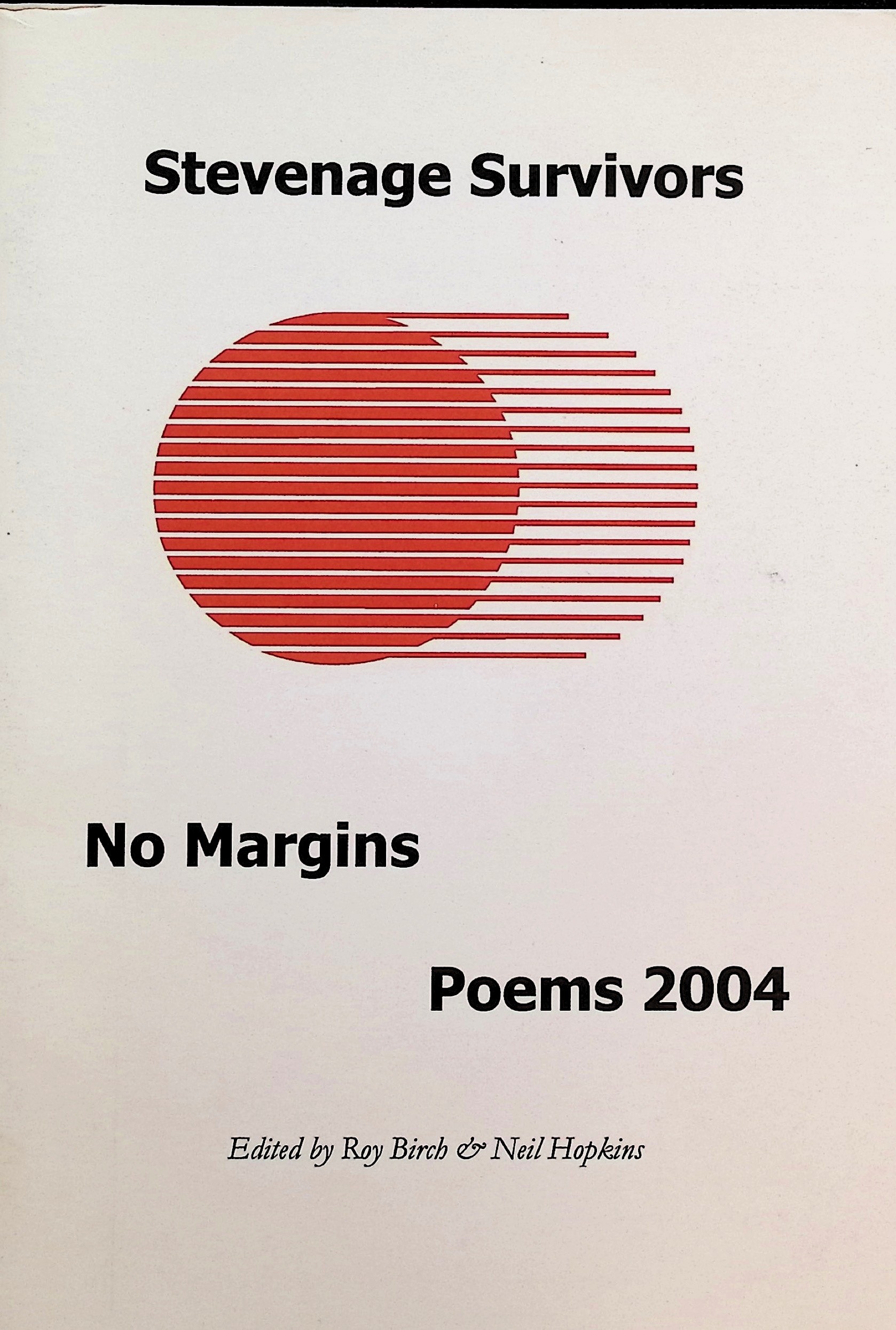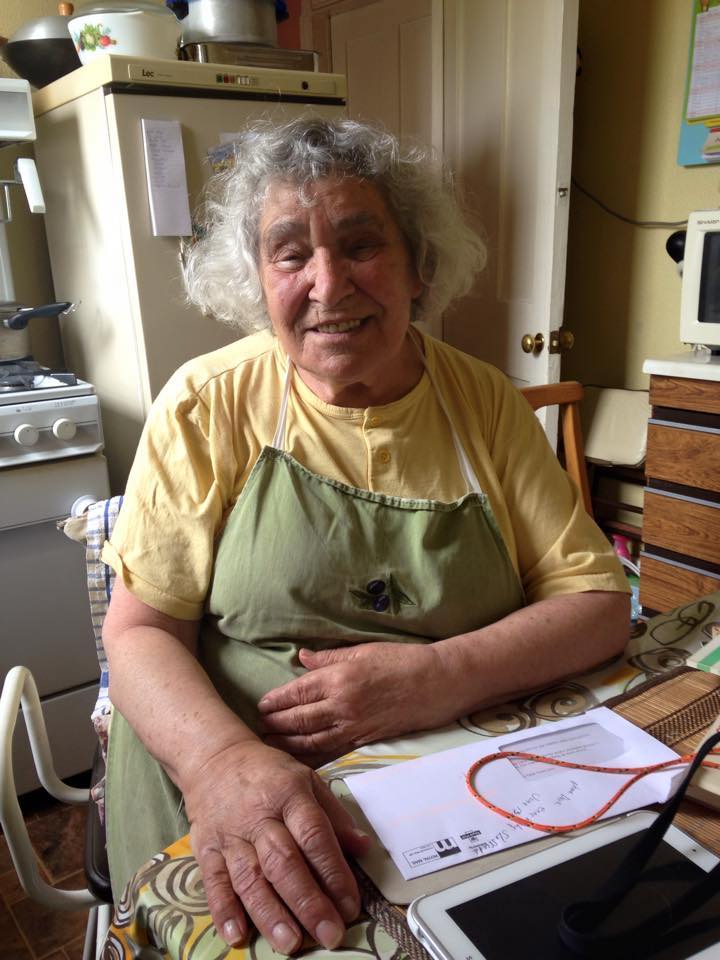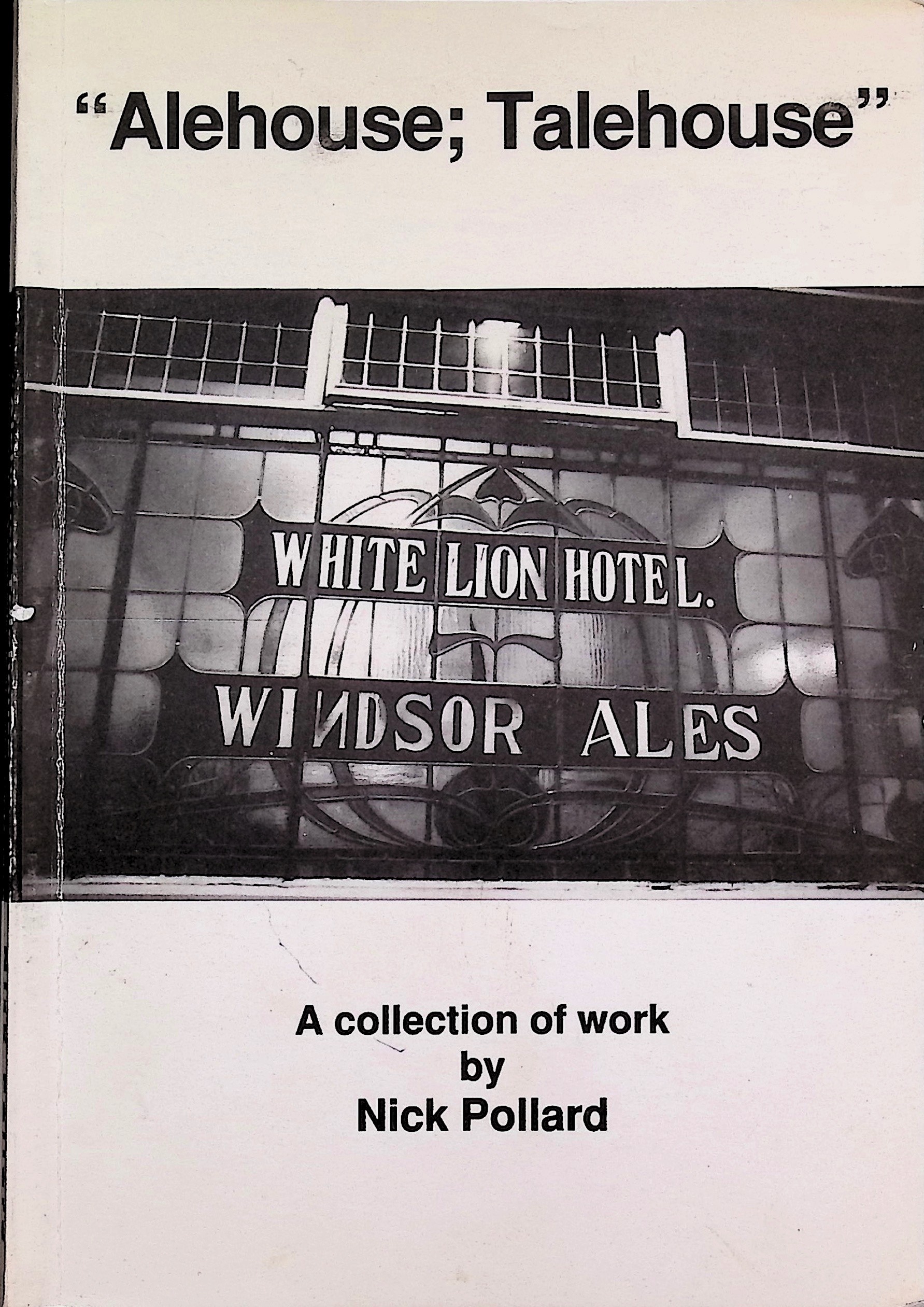Why Use these Collections?
"The FWWCP/TheFED archive is not only the essential voice of a wonderful organisation being laid low by the vagaries of the ageing process, it is a significant body of socialist and survivor writing and a magnificent testimony to the vibrancy and power of community publishing. There is so much in the archive that must not be lost to society.
The voices heard through the work of The Federation of Worker Writers, and its offspring, The FED, are those of the marginalised and the excluded, and they proclaim the poetry of difference, and the right of that difference to full inclusion as a component of true social stability, and the right of all humans to express humanity, and, more importantly, to be heard and taken notice of. The archive of the FWWCP/The FED is potentially an extremely valuable mechanism for change through social education. The archive is essential.
This doesn't begin to say what I feel about the archive, but I thank you with all my heart for keeping it alive and making possible the consummation of its ethos and purpose.”
***
“The written heartbeat of people for too long denied a voice, the archive is a social, educational, and creative resource of unique and immense value. An inspiration for everyone committed to ending intellectual and cultural apartheid, it reminds us that the purest aesthetic is a willing acceptance of collective humanity."

"I think that I am the oldest member in the group. It’s a great feeling to be part of this Federation. It changed my life actually…The archive is a great idea, a lovely idea, coz we were once told that we were irrelevant to literacy [by the Arts Council], so no I think this is great that we have got to this point."

"The publications comprising the FWWCP & TheFED archives are invaluable to students and researchers interested in working class writing. Working class writing is often overlooked, being as it so often can be: non-literary, sometimes misspelled and not infrequently ungrammatical. But having said this, the archive gives an enormous insight into working class lives and the views of people who are often marginalised. That such writing may not meet the accepted norms of grammar and spelling does not invalidate it. Indeed, the opposite is true, the rawness of much working class writing giving it an edge and immediacy so often absent in more polished works. It conveys a voice of authenticity that can be lost in more literary forms of writing."
"The publications comprising the FWWCP & TheFED archives are invaluable to students and researchers interested in working class writing. Working class writing is often overlooked, being as it so often can be: non-literary, sometimes misspelled and not infrequently ungrammatical. But having said this, the archive gives an enormous insight into working class lives and the views of people who are often marginalised. That such writing may not meet the accepted norms of grammar and spelling does not invalidate it. Indeed, the opposite is true, the rawness of much working class writing giving it an edge and immediacy so often absent in more polished works. It conveys a voice of authenticity that can be lost in more literary forms of writing."
A copy of Working Lives vol2, in 1982, started my personal collection and it’s a favourite example of a community published book. William Muckle’s No Regrets (1983) illustrated to me the importance of the working class writing movement as a source of witnesses to history. I used The Republic of Letters (Worpole and Morley) as a catalogue to identify key books. I bought the remnants of the FWWCP travelling bookstall in 1985, and then set up a savings account to spend at the Federation’s festival bookstall event, taking home a rucksack full every year, as well as picking up more books at Fed exec meetings or through reviewing for Federation Magazine. As the collection grew, my awareness of its significance as an alternative and invisible face of contemporary life – and a witnessing of what was really going on at a quotidian level was deepened by meeting and talking with many of the authors. The books produced through the Fed have been personally inspiring and I’d describe the movement itself as a vernacular university, an embodiment of Freirean pedagogy. I used my collection for vox populi references through my post graduate education, and as a living record it has informed the scholarship I’ve contributed to occupational therapy.
The personal connection through this collected writing with so many people I knew weighed upon me, and my responsibility as a Fed member to make sure it was preserved for use. It is our collective legacy as a unique and diverse social record of lives spanning the 20th century, and in particular the post war period. The Fed executive already had the intention of setting up an archive, and Tim Diggles assembled a large collection in the FWWCP office. The FWWCP executive rescued this when the FWWCP lost its funding. Pecket Learning community housed it until it too lost its building, and it ended up in the West Yorkshire Community Action Service garage, from which I took it to my own garage in 2013.
With my already substantial collection and additional material contributed from Pecket’s own archive it was now urgent to find a proper home for it. Thanks to Celia Ross who was working with Pecket to record its own history connections were made to the TUC archive. I contacted Jeffrey Howarth, who came up to Sheffield with a colleague to review the collection and assess its worth. It took two trips with a fully loaded Vauxhall Zafira to deliver the whole collection, and since then other people such as Roger Mills, the first FWWCP worker, and Stephen Yeo have added their own store of books.
There are thousands of voices and testimonies, poems, short stories and anecdotes from communities across the UK, and it is an important record of the everyday lives of the generations living through the transitions leading to – and through – the advent of neoliberalism – as imagined, recorded, written, published and distributed by themselves – and no-one else!

"TheFED Archive/Collection has preserved and protected words, thoughts, feelings and experiences that are not recorded anywhere else. Memories have been given a reach and life beyond the wildest dreams of those who shared them, little thinking that anyone would be interested in the writing of ordinary, uneducated, working people, even at the time, let alone decades later. Digitisation and online access to the archive has opened a window into the past, an authentic and unfiltered peek into a world that is slipping out of living memory much faster than we ever thought it would."
"I’m incredibly excited about the archive. We wrote despite people sneering at us, and we created a community. So the FWWCP archive, for me, is my main connection to the FED at the moment... People working at the Federation, looking at Centerprise, Black activism, in that period, gay activism, feminism — that needs to be studied. It’s a sort of history lesson, so that’s why i'm hoping that the Federation’s archive will be a living archive where people will be able to look at it, school groups could go there, performances could take part. Readings and events, based around it — because it is such a wealth of information and wisdom and entertainment there."
"The FED was always about the way that we allow for a lot of diversity in the way that allowed people to take control of their identity... Being part of a community, in various ways, I mean meeting people, making new friends, but also getting to know a community of writers, artists, and musicians, that journey and that process is something I hope will never stop."
